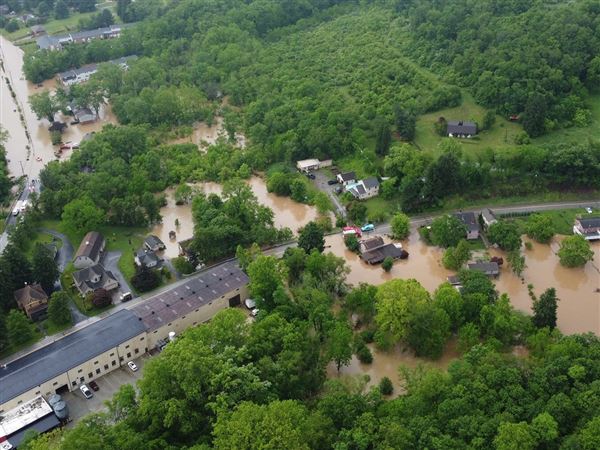Hot spots, hot zones
NEW YORK -- A company whose emergency-response devices communicate through each other rather than through a centralized hub alone is expanding the technology to work on other kinds of wireless equipment.
One potential result: supersized Wi-Fi hot spots.
By incorporating its mesh system into commercially available software and chip sets, MeshNetworks Inc. hopes to expand the use of the technology beyond specialized radios for police and firefighters.
Mesh networks can transmit video, data and position information in addition to voice, so the technology could have wide applications.
Meshing several Wi-Fi hot spots, which generally have a range of only 300 feet, could create one big "hot zone" or even a "hot city," said Rick Rotondo, a MeshNetworks vice president.
The technology also could zip Internet access to several moving cars, for example, as long as just one of them was near an access point.
-- Brian Bergstein, The Associated Press.
Software in Inuktitut
SEATTLE -- Microsoft Corp. is known for aggressive efforts to extend its global reach. Now it's taking that further, with a project to double the roster of languages its software can speak.
The latest versions of the dominant Windows computer operating system and popular Office software will soon be available in languages ranging from Ethiopia's Amharic to Inuktitut of the Arctic's Inuit.
Working with various local governments and universities, Microsoft has already created a Hindi version of Microsoft's software and plans to make Windows and Office available in nine other languages spoken in India within a year. Overall, Microsoft hopes Windows soon comes in 80 tongues, up from 40 now.
-- Allison Linn, The Associated Press.
First Published: March 18, 2004, 5:00 a.m.















